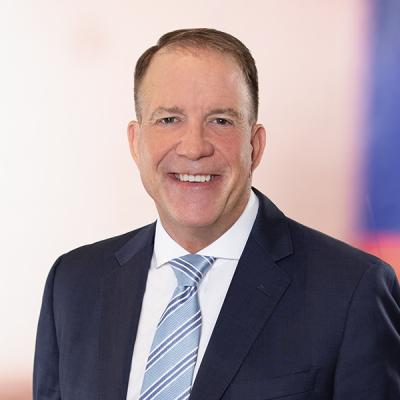Update on the One Big Beautiful Bill: Good News and Bad News for DOE LPO
Right on the heels of our July ML Strategies Energy and Sustainability Update published last week, the Senate and then the House passed the Trump administration’s One Big Beautiful Bill (OBBB) legislation and got it to the president’s desk for signature by the July 4 target date, surprising many who thought the sweeping legislation would take potentially weeks to iron out. It’s possible that there will be follow-on legislation to correct or clarify what legislators agreed to, but Congress will need to shift quickly to other priorities, including the FY 2026 appropriations process, FY 2026 National Defense Authorization Act (NDAA), and Senate confirmations scheduled around the upcoming August recess.
The clean energy tax provisions went unchanged from the Senate version that we highlighted in the July update. While expectations were higher going into the Senate, what came out was only slightly better, with extensions on expiration dates anchored to project start versus project operation and an elimination of a Senate proposed excise tax counted as major wins. As in previous years when incentives were scheduled to expire, this will push many projects to accelerate their timelines to qualify, providing a short-term windfall for suppliers.
The other major OBBB piece that will impact developers of innovative technology projects will be the changes to the Department of Energy’s (DOE) Loan Programs Office (LPO). Here the OBBB rescinded all unobligated funding for LPO programs originally appropriated through the Inflation Reduction Act (IRA), including the Section 1703 program for first-of-a-kind clean technology projects as well as the 1706 program for proven clean technologies that are replacing existing infrastructure. The Advanced Technology Vehicles Manufacturing (ATVM) loan program — which has supported electric vehicle (EV), battery, and critical minerals initiatives — has been repealed entirely.
The LPO has defined “obligated” funding as any that has passed through conditional commitment. This suggests that projects already through this milestone should not be impacted by the OBBB, though the administration is closely reviewing each project previously approved by the Biden administration. Notably, as of this writing, the LPO website continues to list the affected programs.
Amid the cuts, OBBB also introduces a new federal financing initiative: the Energy Dominance Loan Program. This new effort modifies the existing 1706 authorization and aims to bolster “increase capacity or output” or “support or enable the provision of known or forecastable electric supply at time of intervals necessary to maintain or enhance grid reliability or other system adequacy needs.” Eligible projects include “enabling identification, leasing, development, production, processing, transportation, transmission, refining, and generation needed for energy and critical minerals,” indicating broad funding with no requirement for decarbonization or technical innovation.
The OBBB includes a $1 billion credit subsidy appropriation for the new program, available through September 30, 2028 — outlasting the original 1703 and 1706 authorizations, which were due to expire in 2026. Based on typical LPO credit subsidy rates, this level of funding could back approximately $15 billion in project financing, though high-capital sectors like nuclear could absorb it quickly.
Because the program modifies rather than replaces the existing 1706 authority, it is expected that the DOE can begin accepting applications without needing to issue new guidance. Stakeholders and project developers in energy infrastructure, critical minerals, and grid modernization should assess eligibility and act swiftly as the new program comes online.
Please reach out to the team at ML Strategies if we can help you with your next steps.



